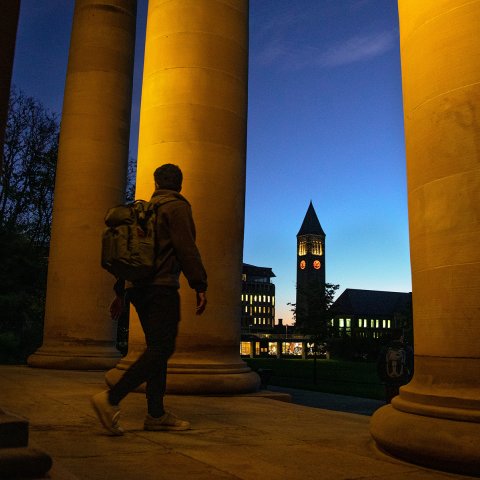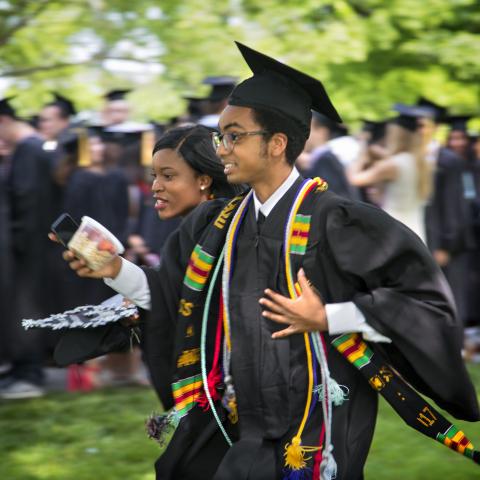Next Up: Maintaining Your Status
Public Charge
Applicants for a visa, admission, or adjustment of status will not be admitted to the United States if they are deemed likely to become public charges. Read the policy here: INA 212(a)(4).
What is a public charge?
U.S. Citizenship and Immigration Services (USCIS) defines a "public charge" as an individual who is "primarily dependent on the government for subsistence, as demonstrated by either the receipt of public cash assistance for income maintenance, or institutionalization for long-term care at government expense." See Field Guidance on Deportability and Inadmissibility on Public Charge Grounds, 64 FR 28689 (May 26, 1999).
Here are some examples of federal and state public assistance programs. In some cases, you can receive benefits without becoming a public charge. For instance, you and your family can use community-based programs and services, like soup kitchens, crisis counseling and intervention, and short-term shelter.
Proving You Will Not Become a Public Charge
When you enter the country or apply for an extension or change of status, you will need to satisfy the inspector or adjudicator that you are capable of maintaining your status and will not become a public charge.
International students and scholars must document sufficient sources of funding to cover tuition, fees, and living expenses in order to be sponsored for F-1 or J-1 status. You may also be required to demonstrate sufficient private funding when you apply for your visa so you will not become a public charge while in the United States. This funding is required because legal options for employment or for earning income to support your expenses are so limited.
Find out about on-campus work for students and employment rules for faculty and staff.



